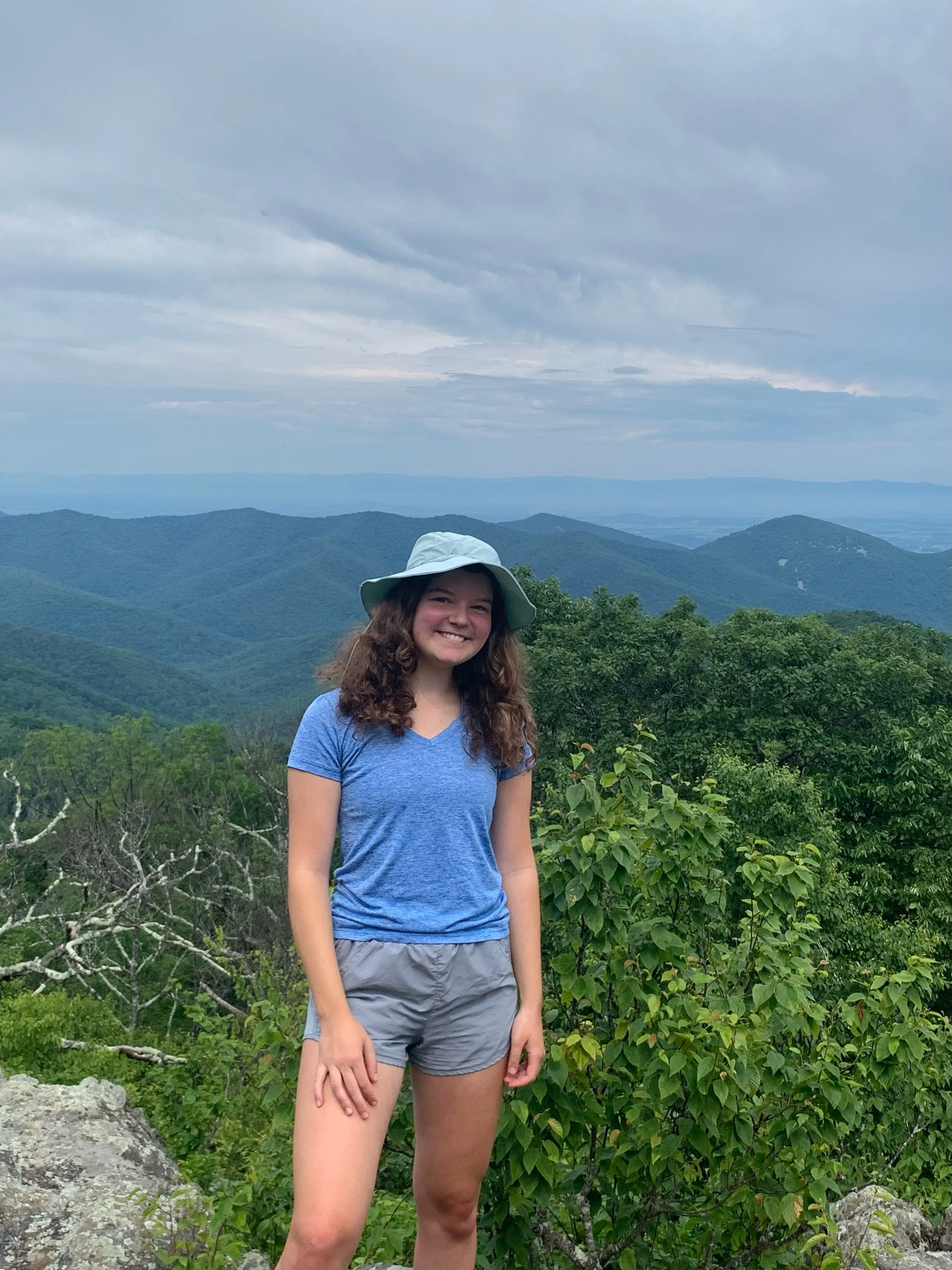This summer, the Tadler Fellowship offered me an opportunity to explore a field that I’m really interested in, but might not have otherwise gotten the chance to experience first-hand. Impact investing initially captured my attention for its emphasis on using capital tools to solve social problems. It implies that, while working within the current economic system, solutions can be developed to the planet’s biggest problems: poverty, climate change, and inequality.
Those were the focuses of my work over the past three months with Invest Appalachia, an impact investing firm based in Asheville, North Carolina. They deploy capital through grants and loans to Central Appalachian communities, particularly with an eye to creative placemaking, community health, sustainable energy, and food and agriculture. They ask which levers in the economic system they can pull (with money and resources) once to empower long under-served communities in perpetuity.
I piloted three main projects for Invest Appalachia, 1) developing a communications plan for their public rollout this fall, 2) completing a scan of worker cooperatives and opportunities for investment, and 3) analyzing which organizations are doing the most to advance equity and how we might invest. I worked with others at Invest Appalachia, and learned from their vast experience. I spoke with dozens of people from seven states across a variety of sectors. I learned not just about capital tools, but about a region full of diversity and promise. I found my conversations with entrepreneurs especially inspiring for the clear dedication and vision they held for their field and community. I met people with grit, and it made me want to deliver an even better final product.
I’ve seen this summer the power of research-informed and creative practices for creating inclusive economic development and prosperity. And I’ve had the important perspective of hearing from community stakeholders themselves. I found learning about the cooperative model particularly exciting as a way of combating trends towards economic inequality and injustice in our country. From housing to manufacturing, I saw how collective action and ownership allows for building community wealth and wellbeing. I hope to continue studying economically sustainable models for enacting positive social change while at UVA.

